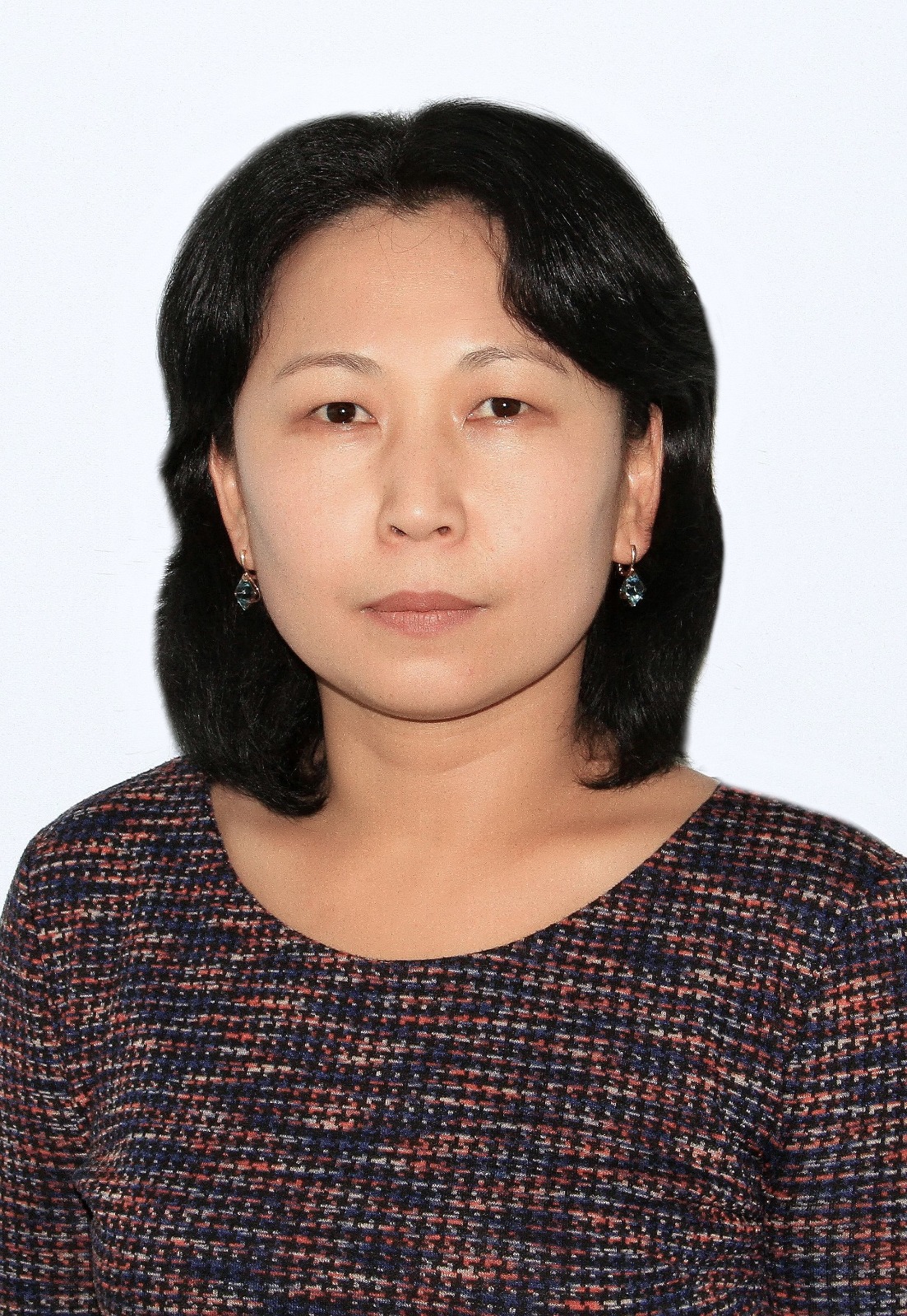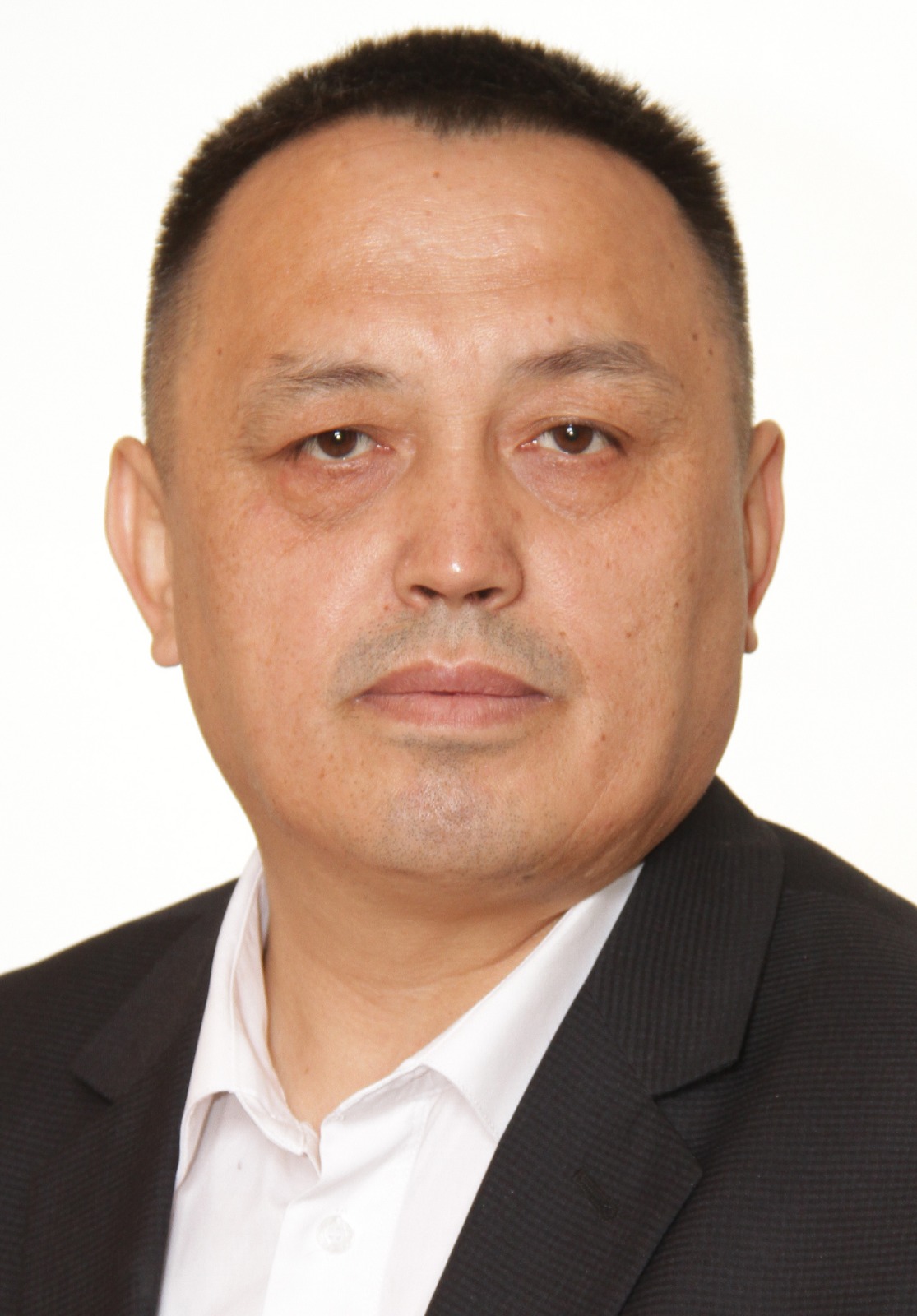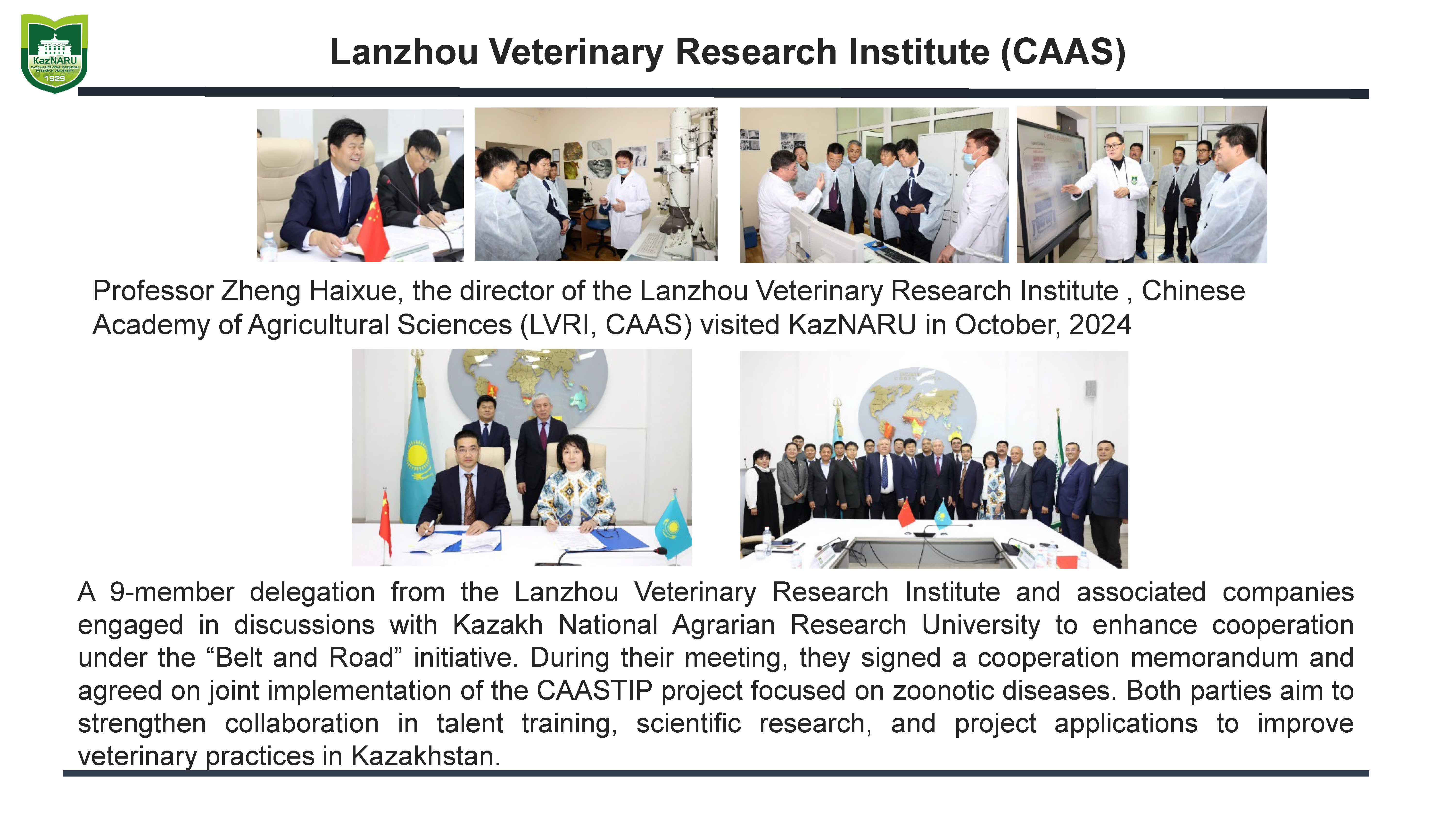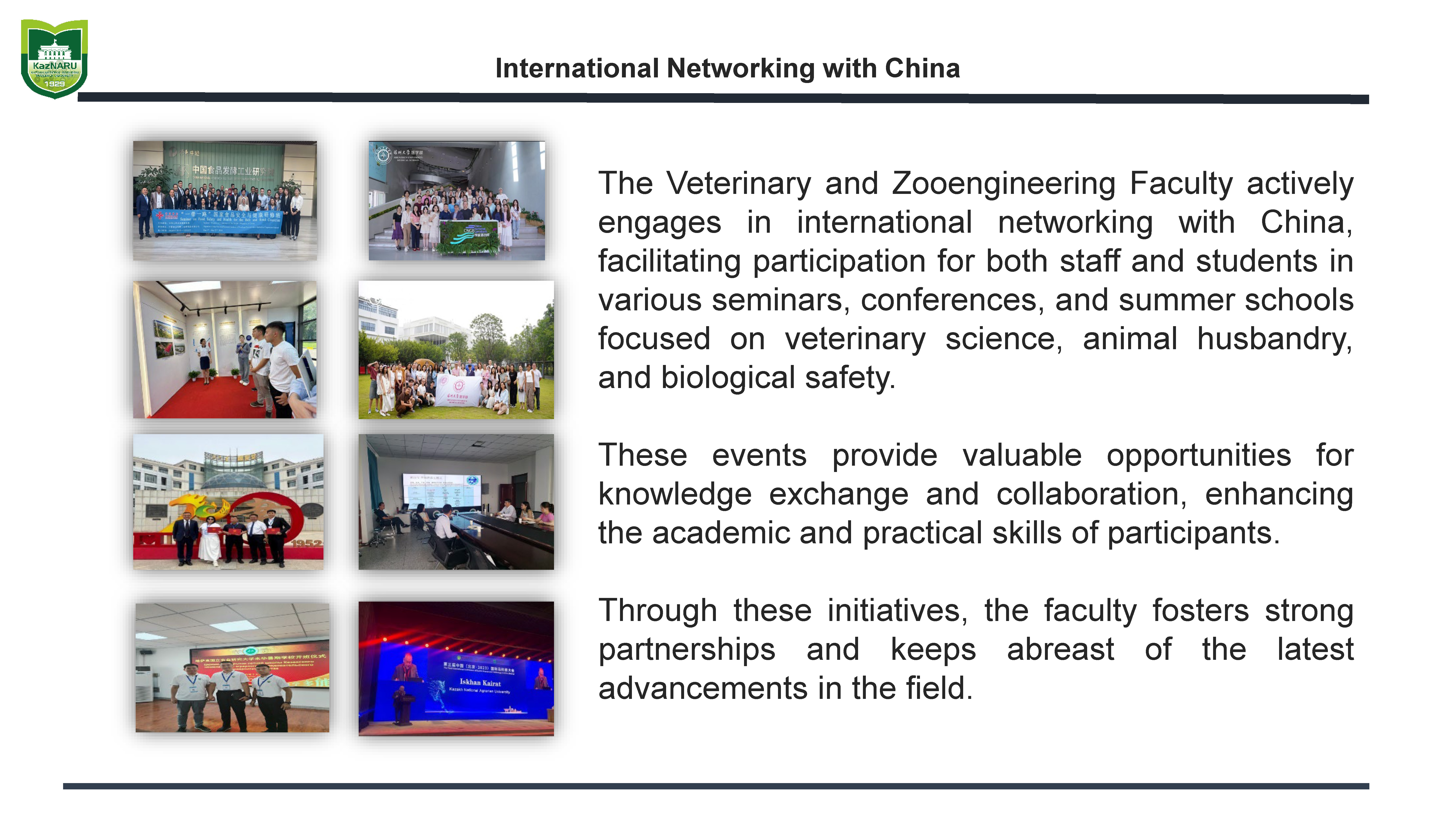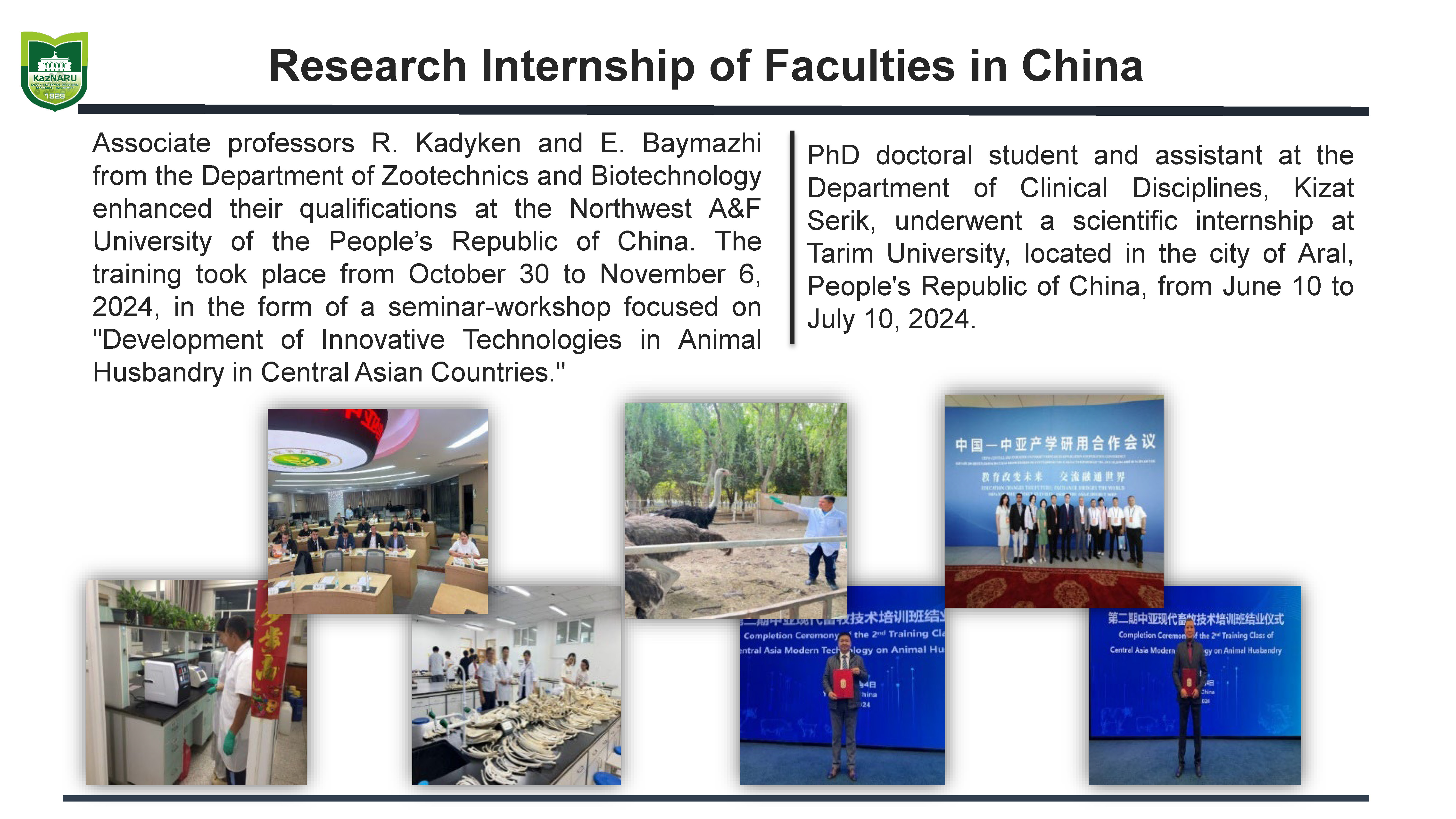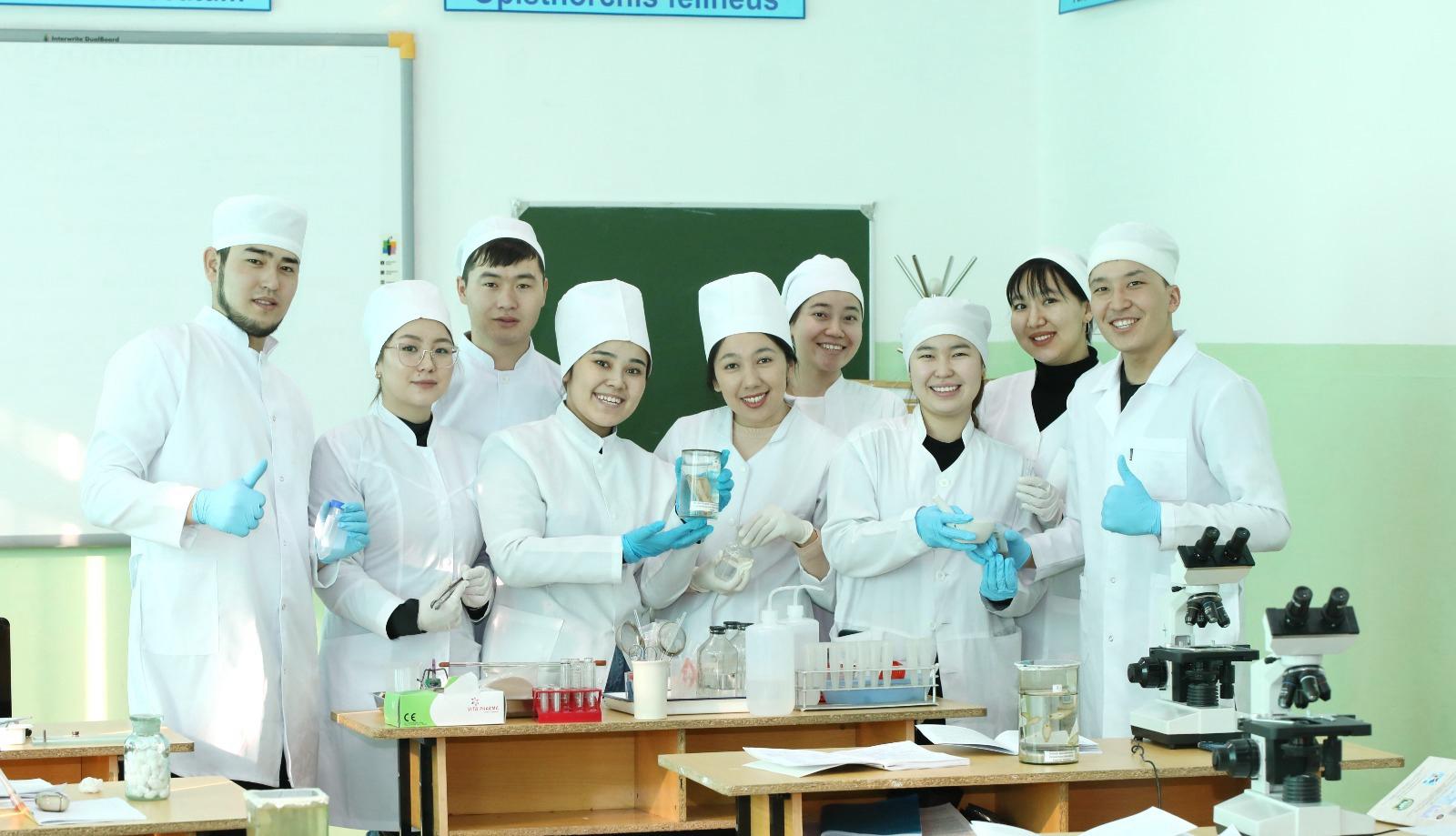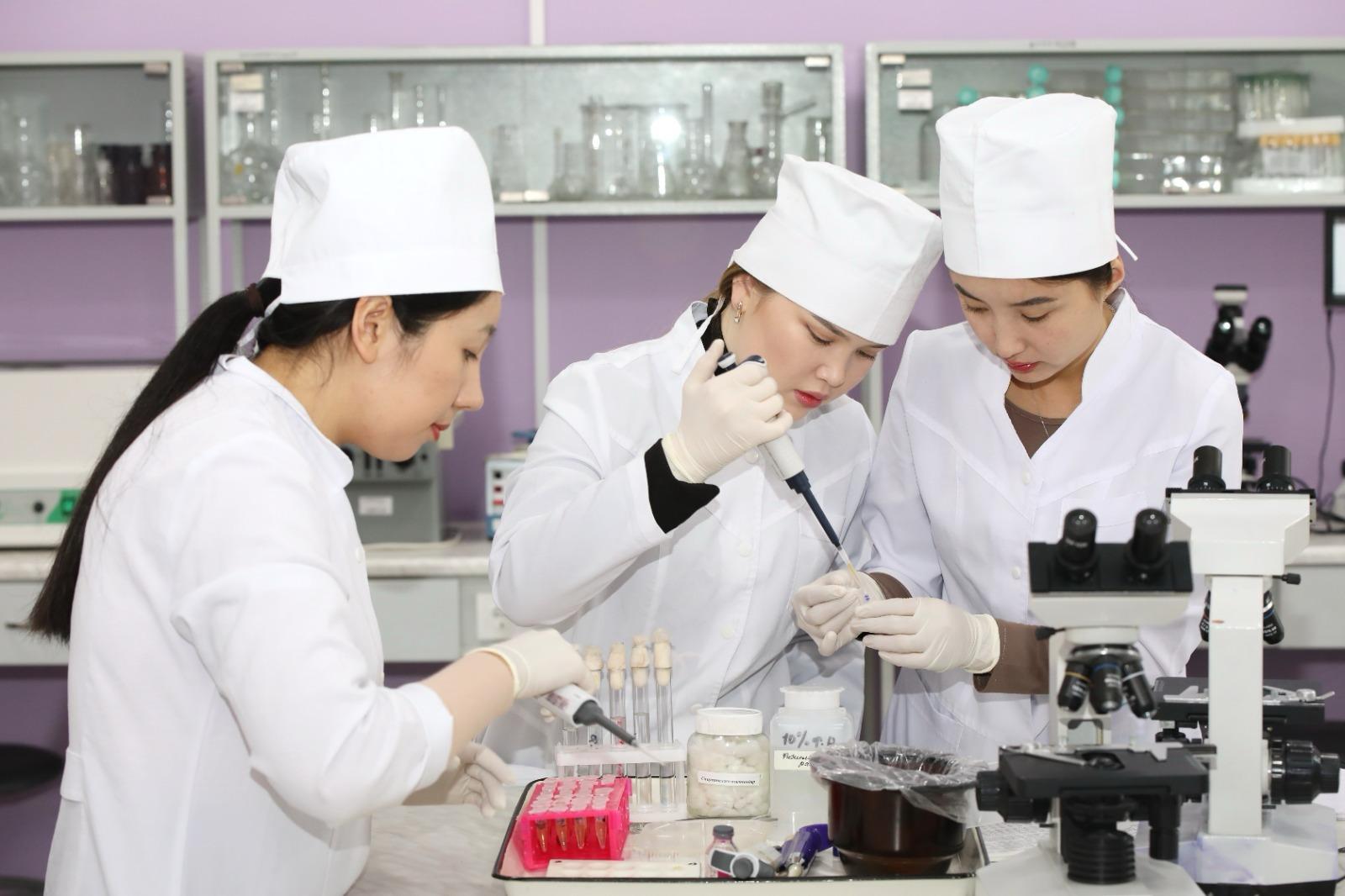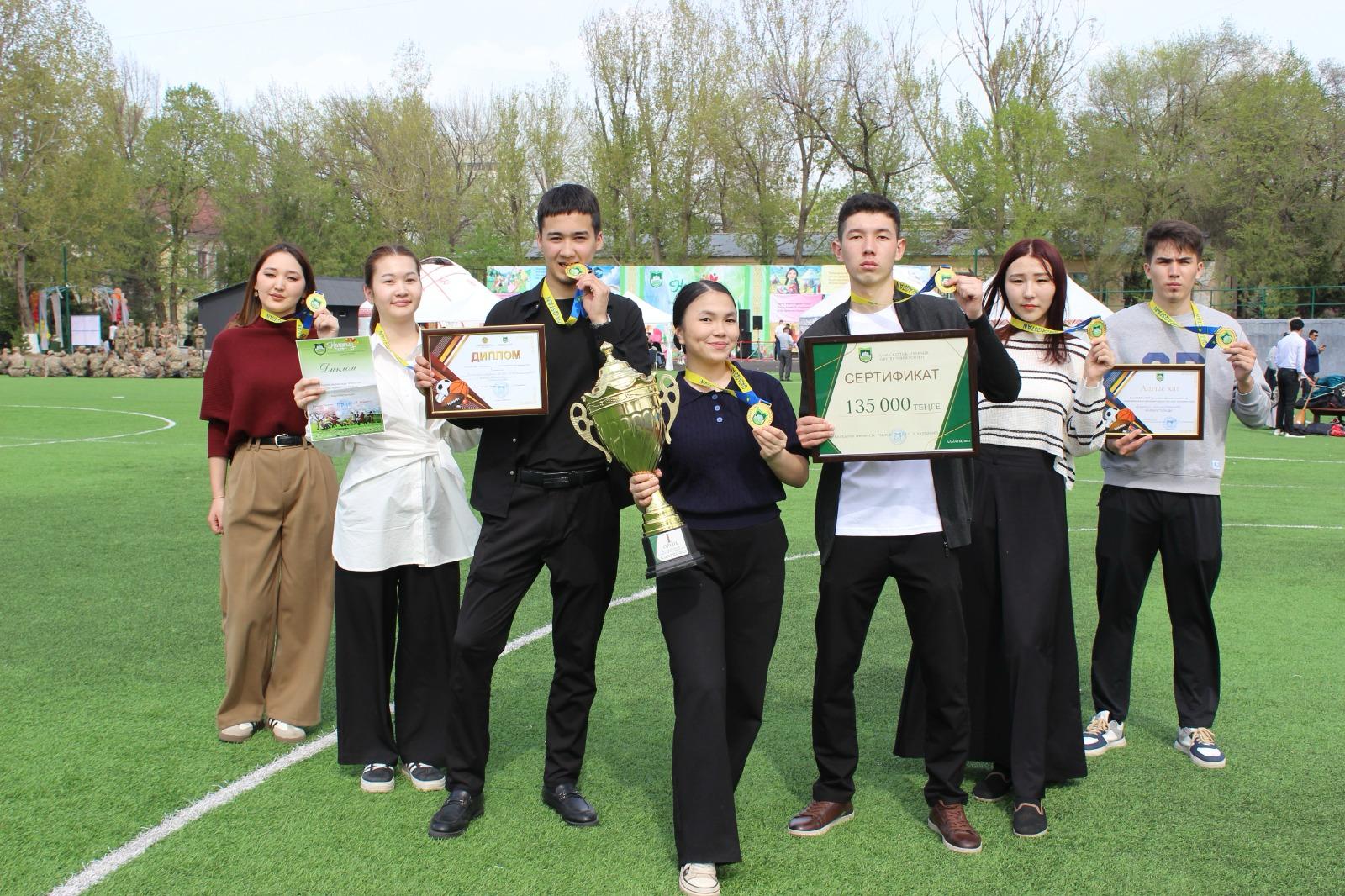The Faculty of Veterinary and Zooengineering has close scientific ties with a number of foreign universities and research centers in more than 30 countries in Europe, Asia, and the CIS. The forms of cooperation are varied: scientific internships for teachers, inviting foreign professors to give lectures, conducting joint scientific research, conferences, and co-supervising doctoral students. Foreign partner universities include those from China, Turkey, Latvia, Poland, Russia, Belarus, Uzbekistan, and other countries.
Academic Mobility of Students
The faculty promotes the academic mobility of students and undergraduates based on the rules adopted in the Republic for referrals to study abroad, including within the framework of academic mobility and the Regulations on Academic Mobility. Currently, under the academic mobility program, students are studying at foreign universities in Germany. There are several foreign students studying at the faculty, citizens of Russia, Kyrgyzstan, Uzbekistan, Mongolia, and Cambodia.
Academic Mobility of Teaching Staff
As part of academic mobility and scientific events, scientists are invited to conduct training sessions and advanced training courses for teachers, students, and undergraduates.
Teaching staff of our faculty completed scientific internships under the “500 Scientists” program in foreign universities.
Certificates received under the "Bolashak" International Educational and Scientific Organization, "500 Scientists" program
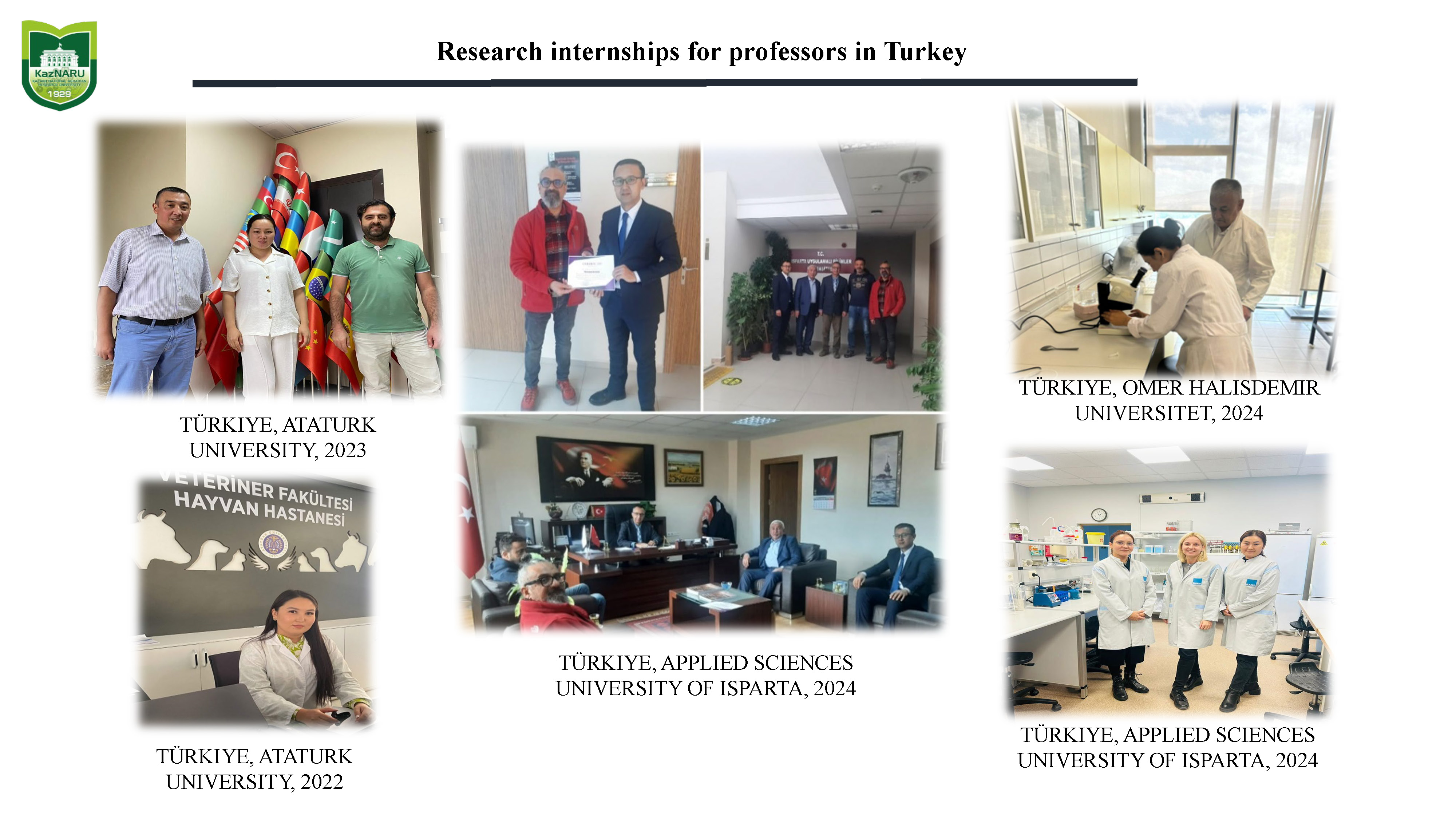
Advanced training course from French scientist Bernard Faye
Advanced training for teachers in foreign universities
Certificates of participants of the winter school – 2024
Summer School
Every year, the faculty conducts a summer school in two areas: “Veterinary in Biological Safety” and “Clinical Veterinary Medicine”. Speakers from different countries near and far abroad participate in the events. In 2024, the summer school was held online and offline. Students and undergraduates from China, Pakistan, Samarkand State University of Veterinary Medicine, Animal Husbandry and Biotechnology, as well as our colleagues from West Kazakhstan Agricultural-Technical University named after Zhangir Khan, Toraigyrov University, Kostanay Regional University named after Akhmet Baitursynov, and other universities in Kazakhstan showed great interest in the summer school and participated offline and online.
Participants and listeners of the conference not only listened to interesting lectures but also took part in on-site classes at the Horse Club, the hippodrome, dairy cow farms of Amiran LLP and in the faculty laboratories. The summer school program included a series of lectures, practical exercises, and discussion panels, featuring prominent speakers, experts, and practitioners in the field of veterinary medicine. The speakers contributed significantly to the educational process and provided participants with access to the latest research and best practices in veterinary medicine. The international summer school was attended by 39 lecturers from various countries: China - 6, Romania - 3, Turkey - 2, France - 1, Uzbekistan - 7, Kazakhstan - 21. This created a multinational learning environment and ensured the exchange of experience and knowledge in the field of veterinary medicine. In total, 20 universities participated in the summer school, including 2 Kazakhstani and 18 foreign universities. Additionally, more than 26 teaching staff from our university participated, sharing their knowledge and innovative scientific achievements.
The summer school at KazNARU is an excellent opportunity for students to dive deeper into the educational process, expand their knowledge, and meet new faces in the field of science.

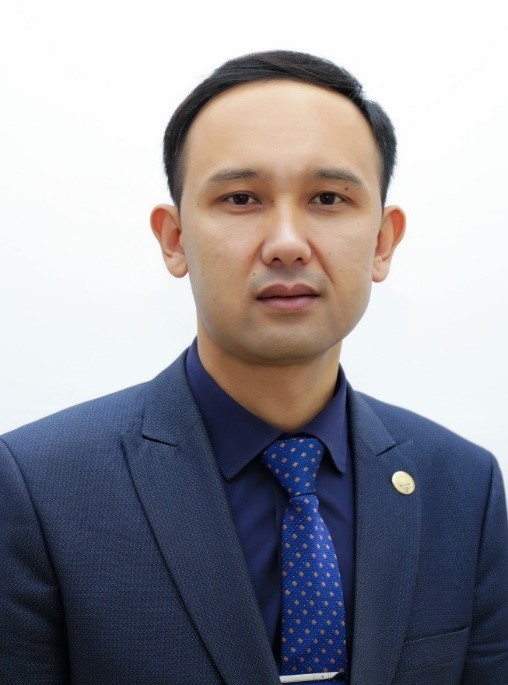



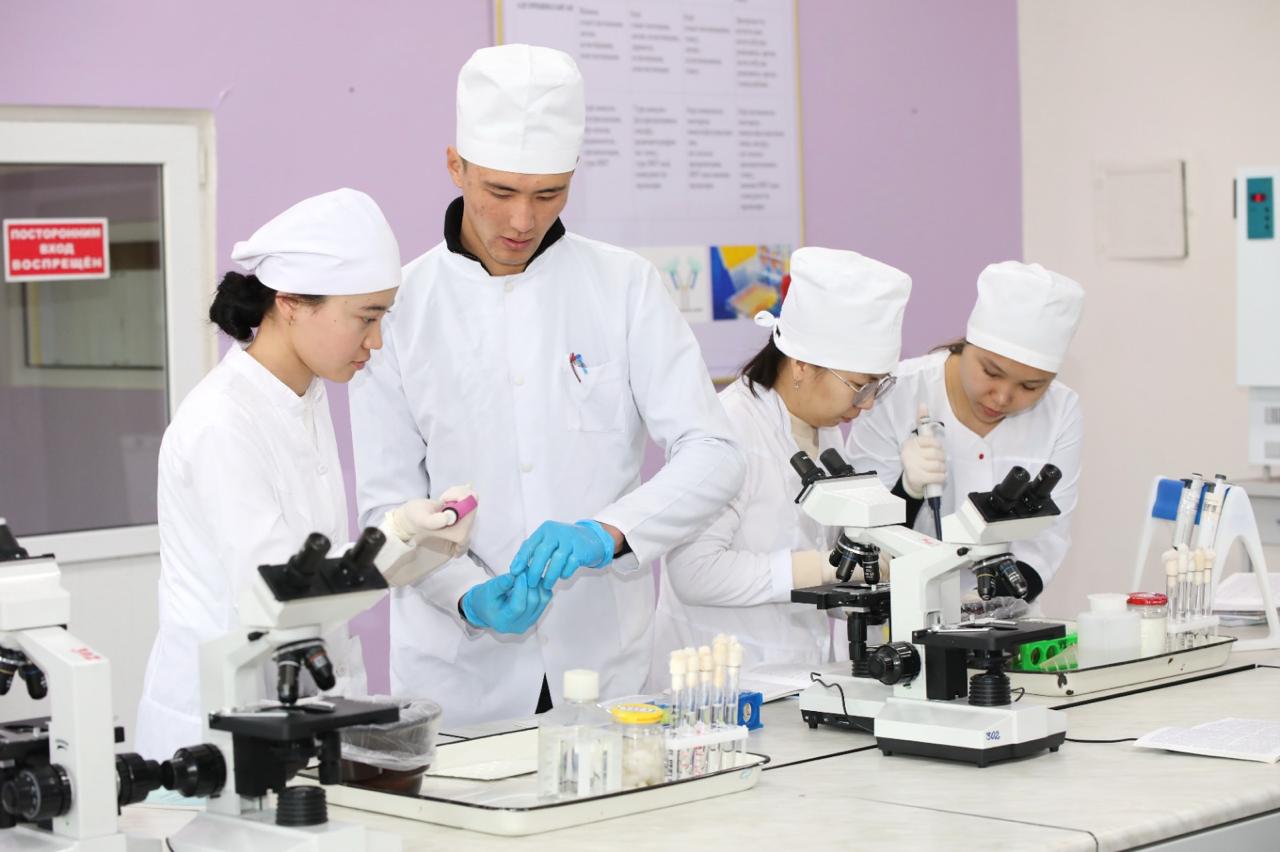










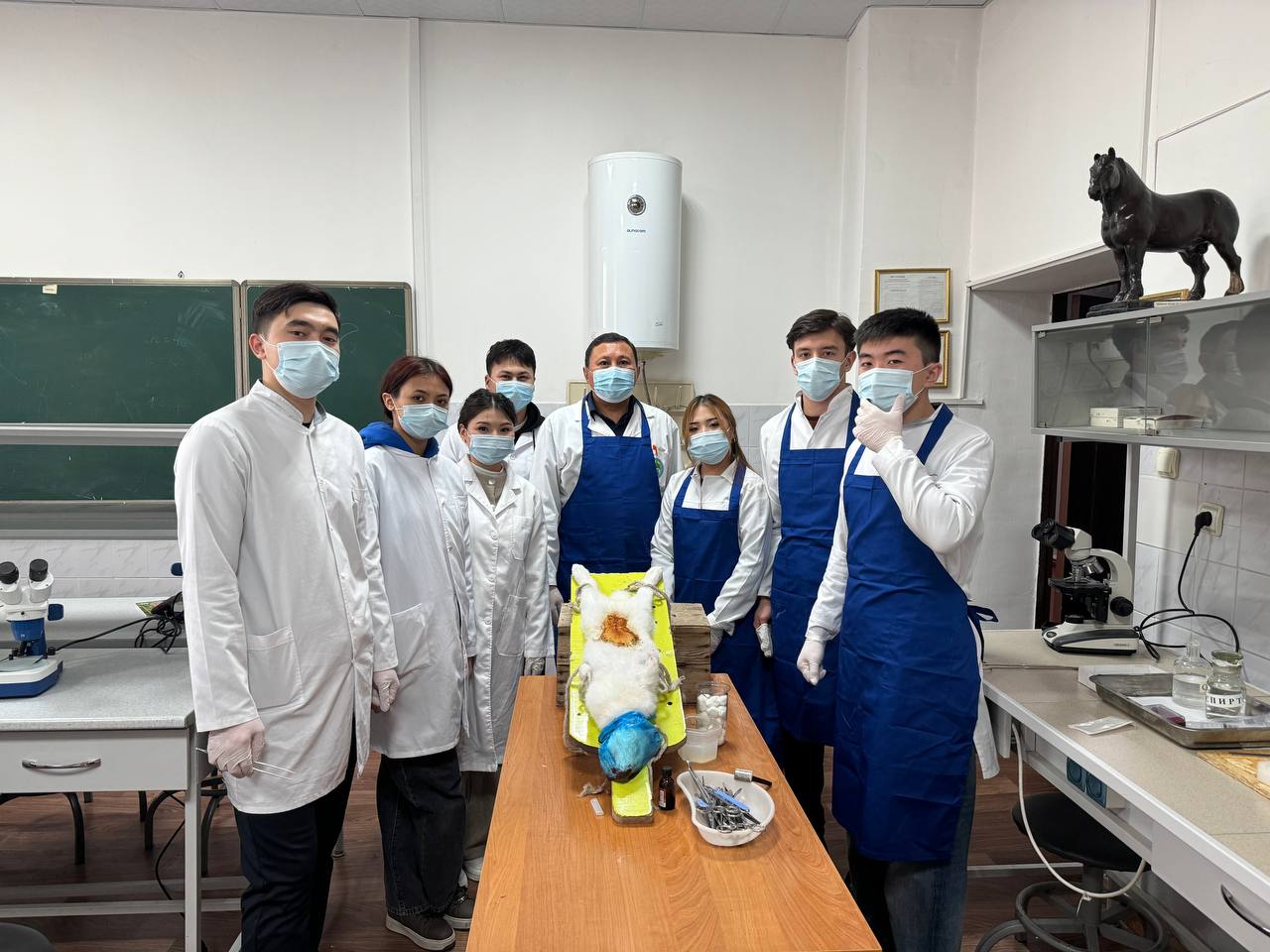
.jpeg)
.jpeg)
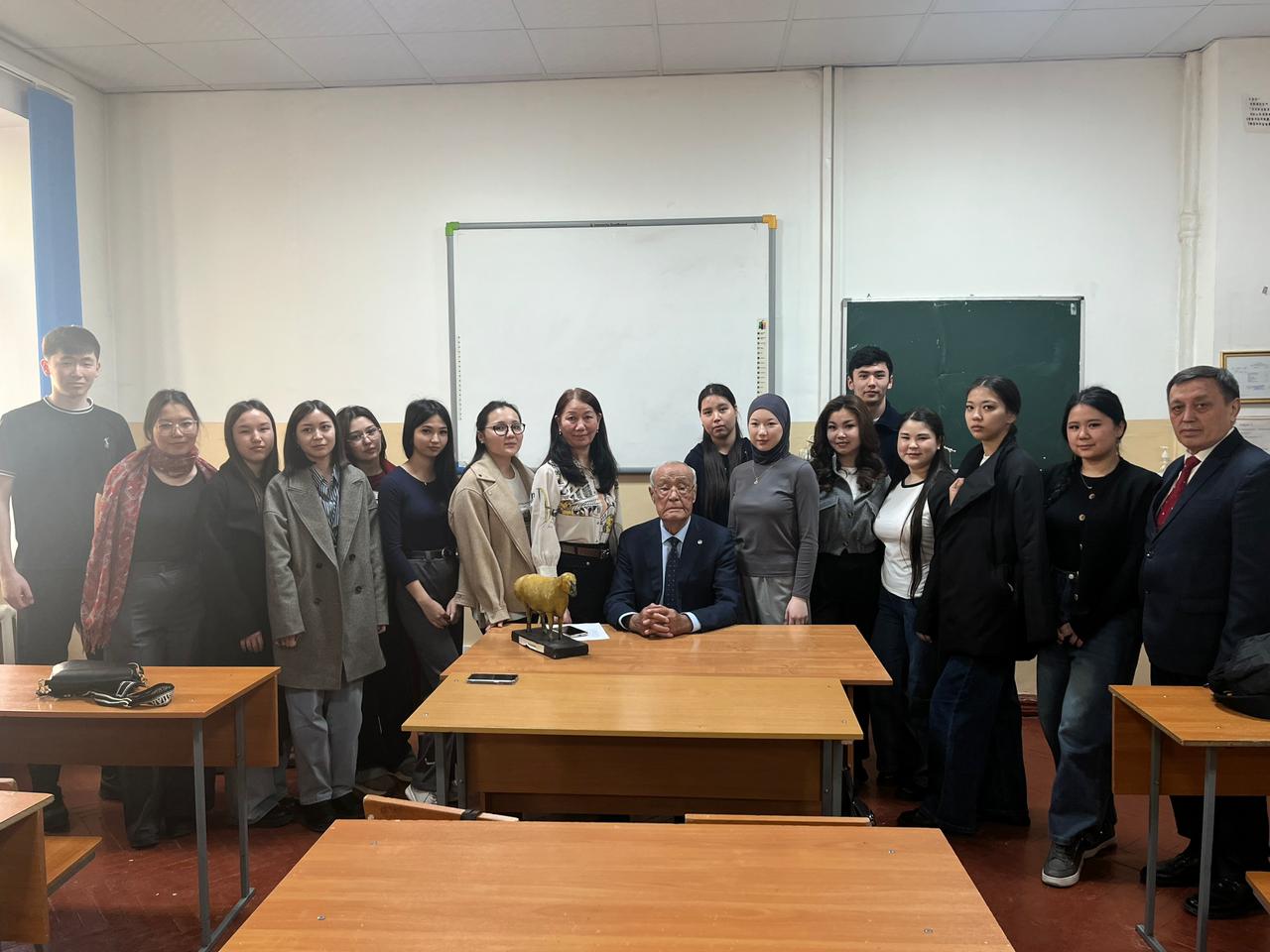
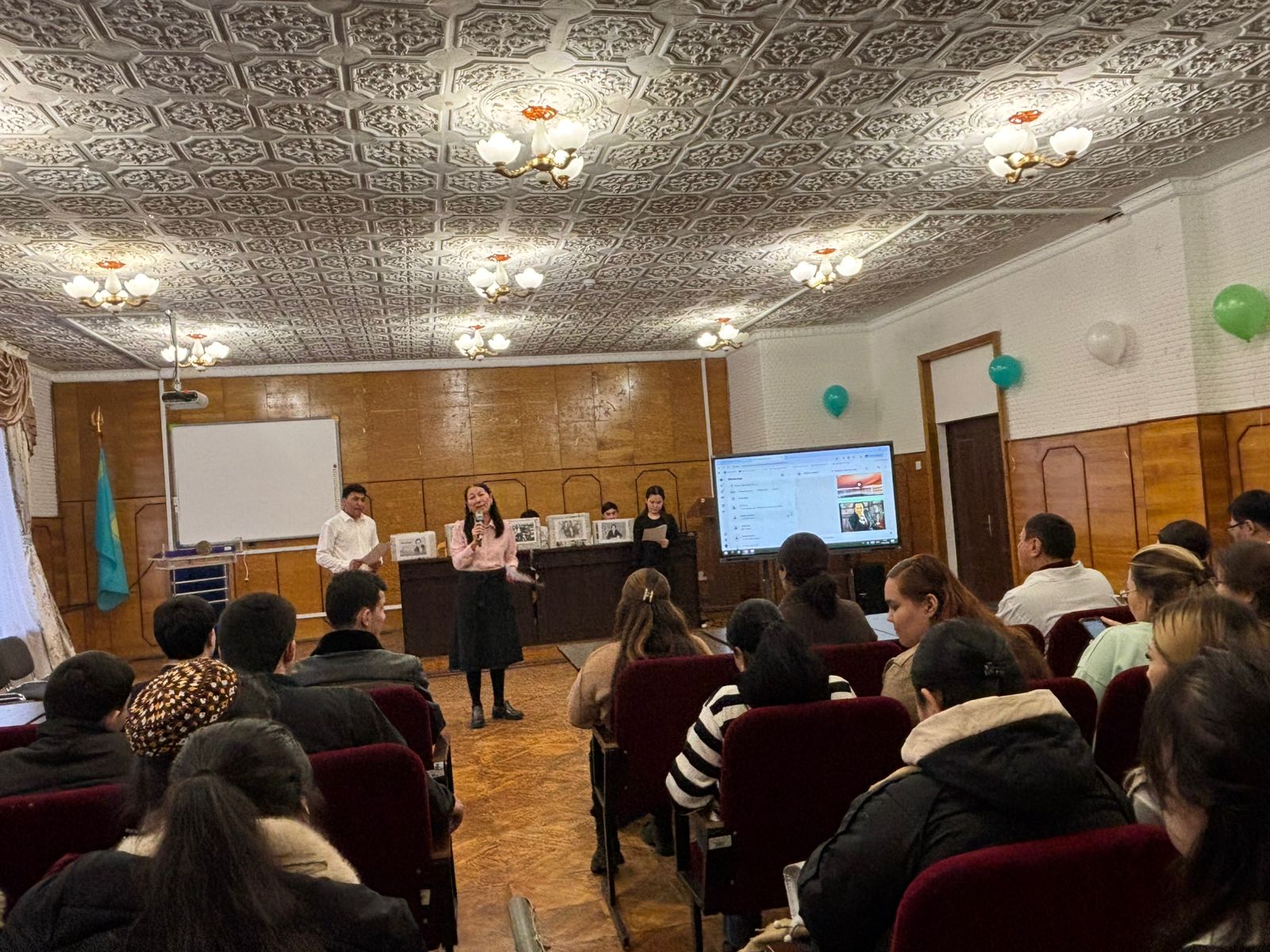
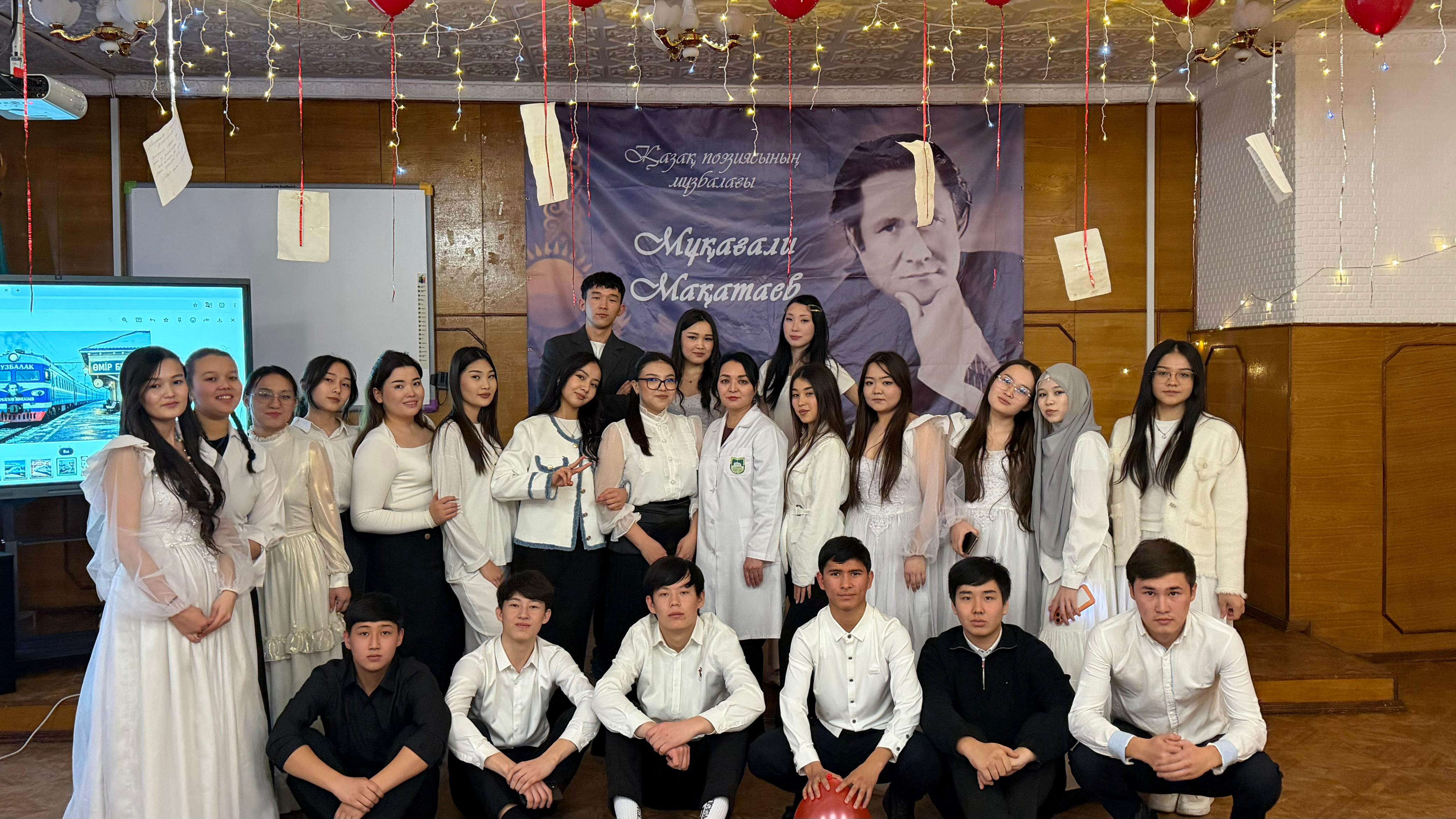
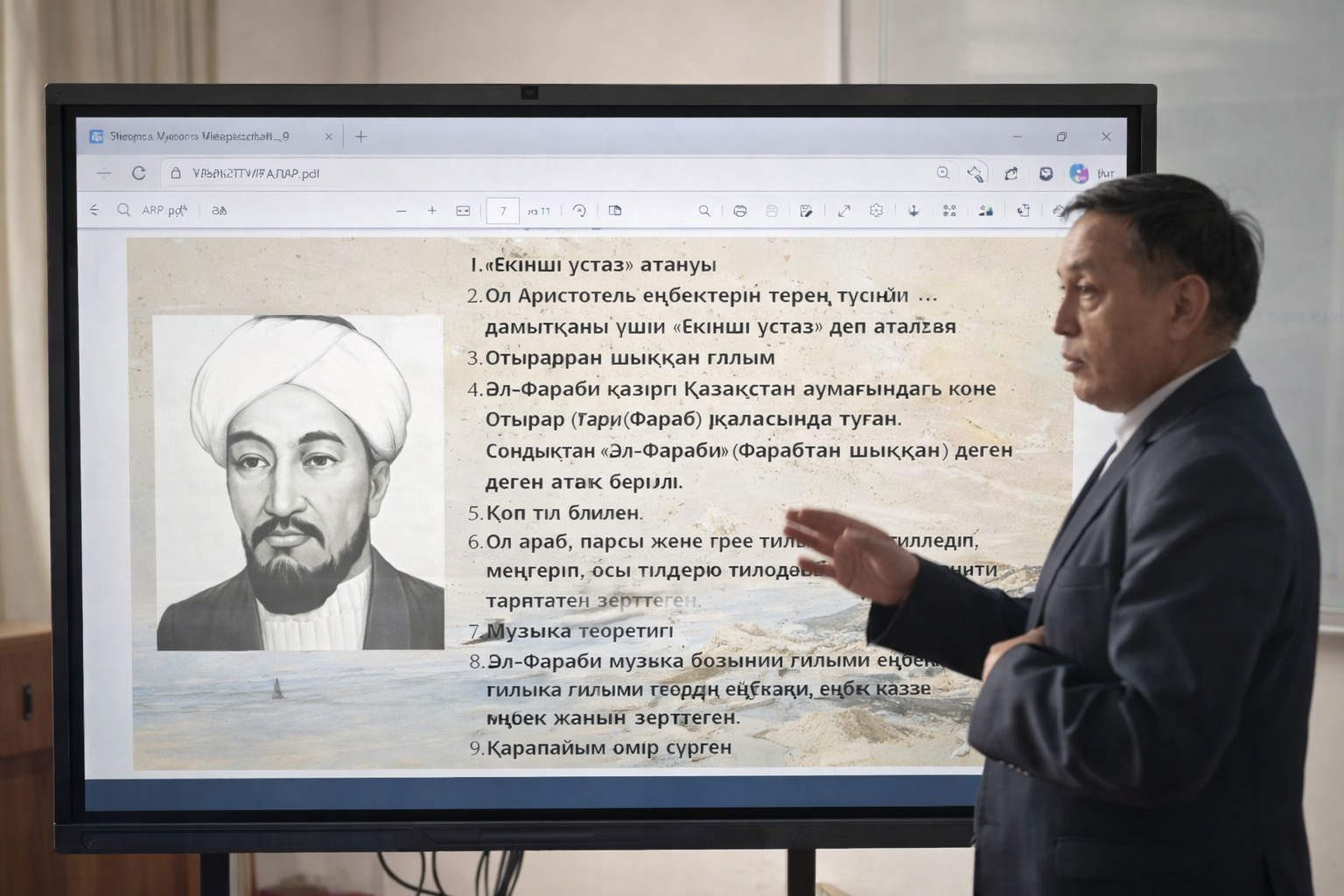
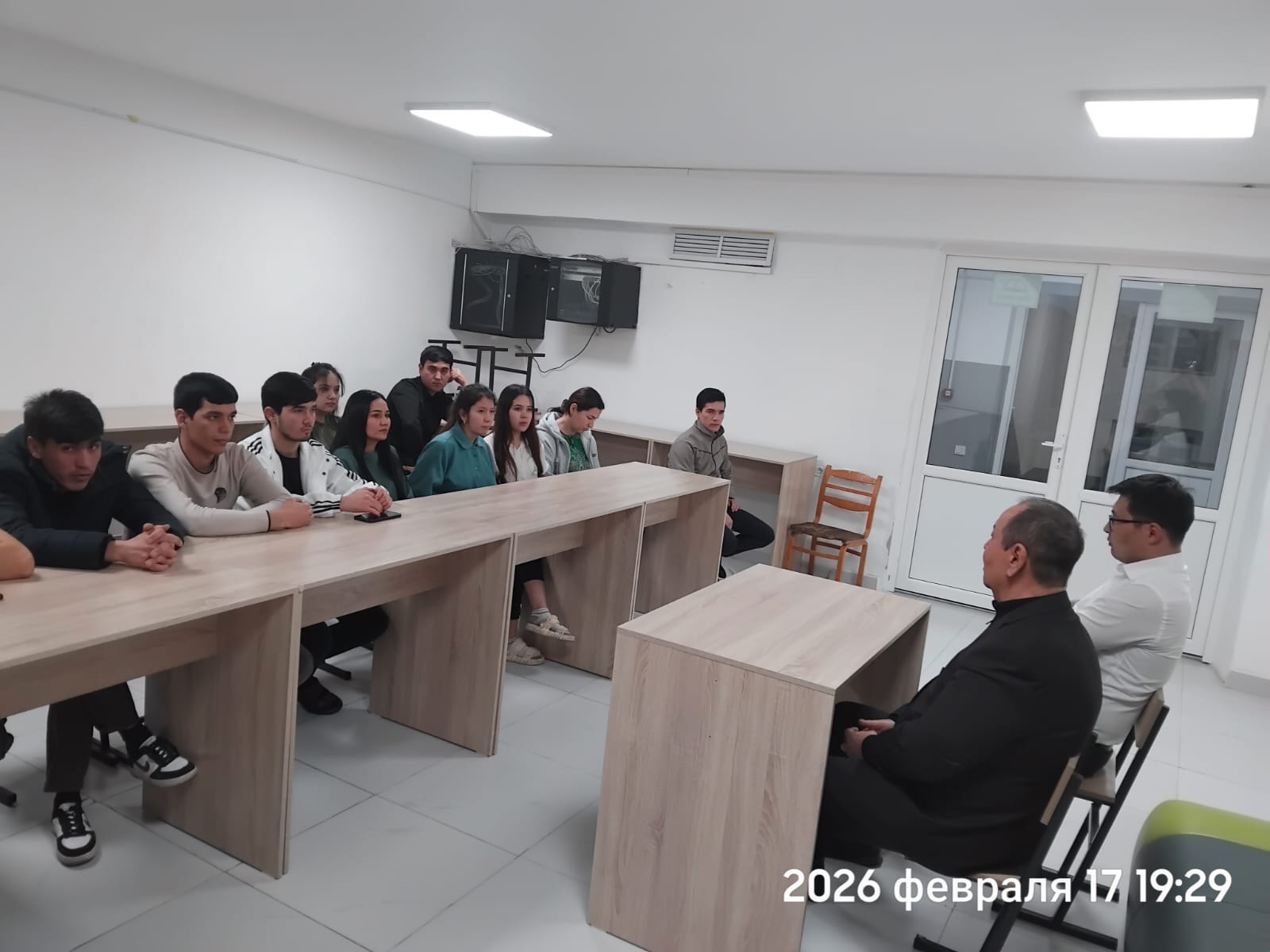
.jpeg)
.jpeg)
.jpeg)
.jpeg)
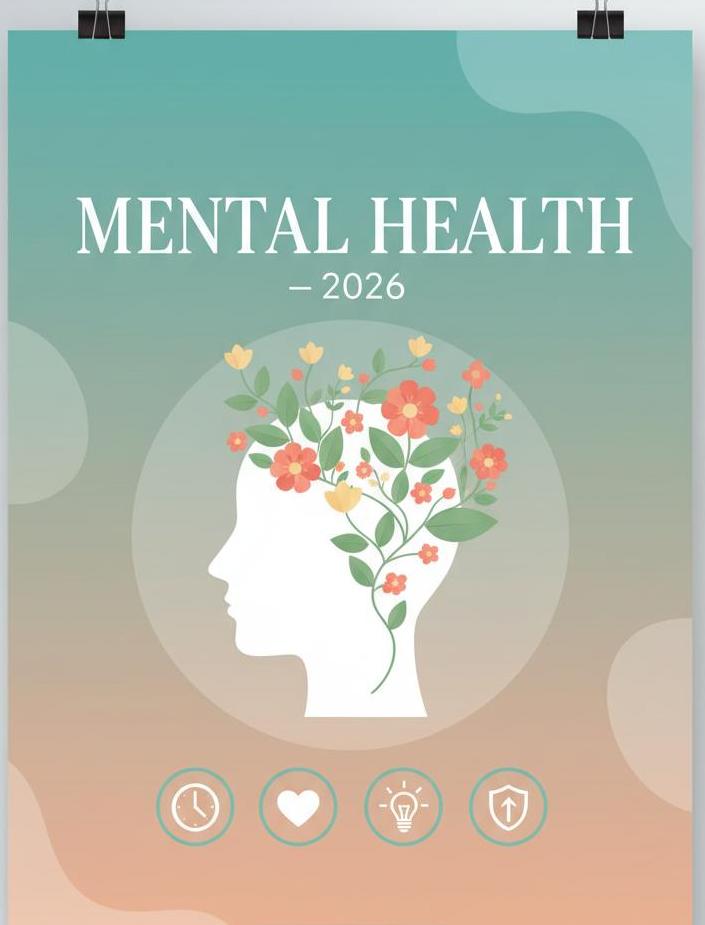
.jpeg)
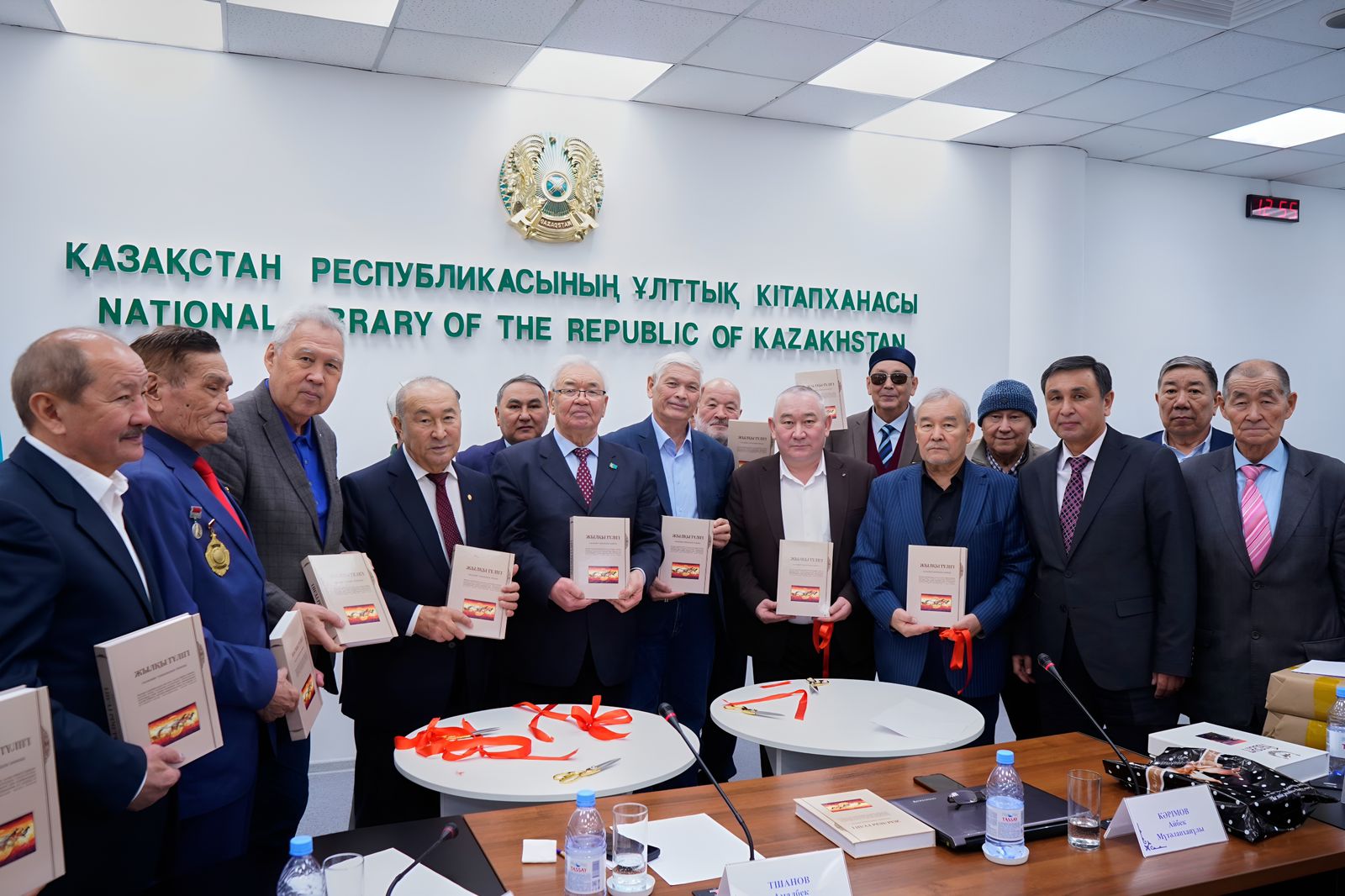
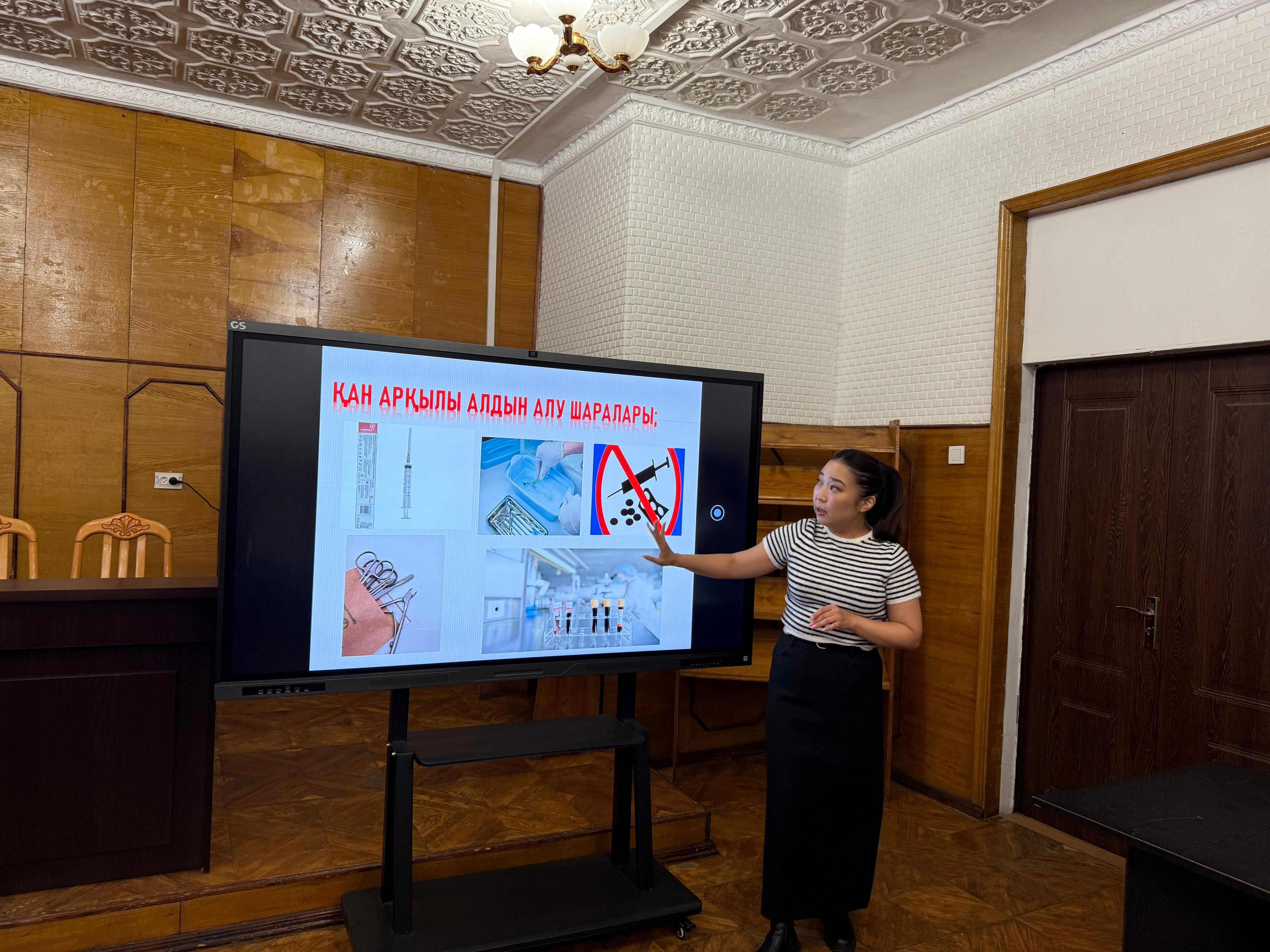
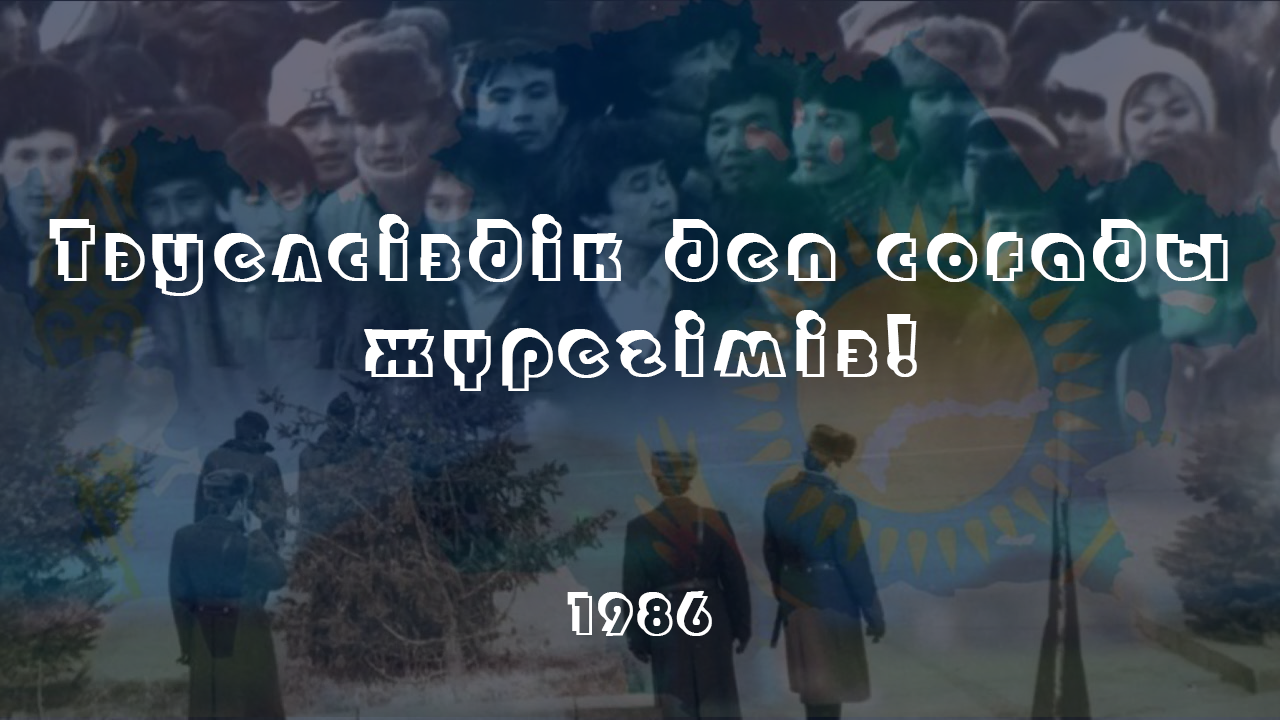

.png)
.jpg)
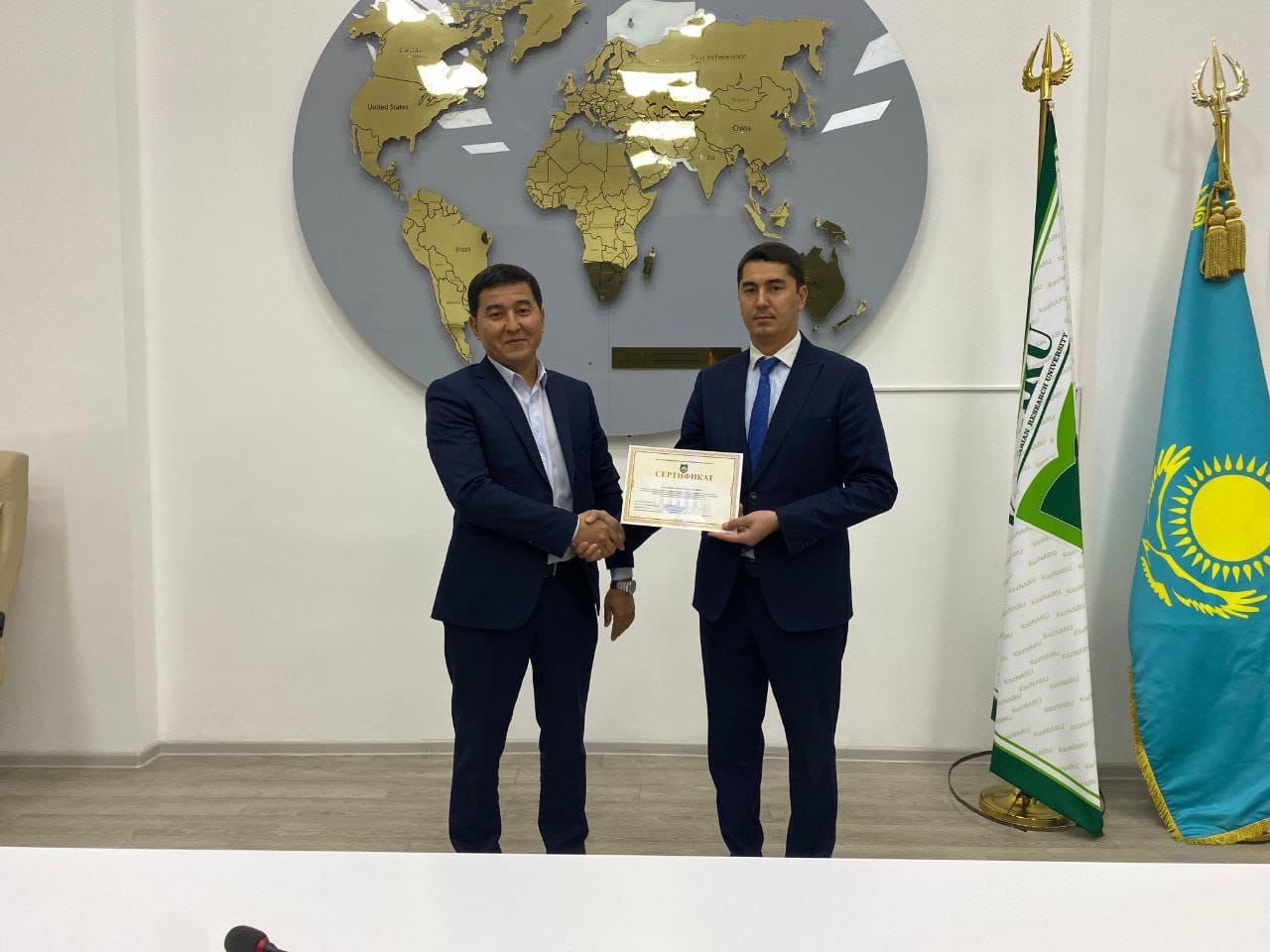
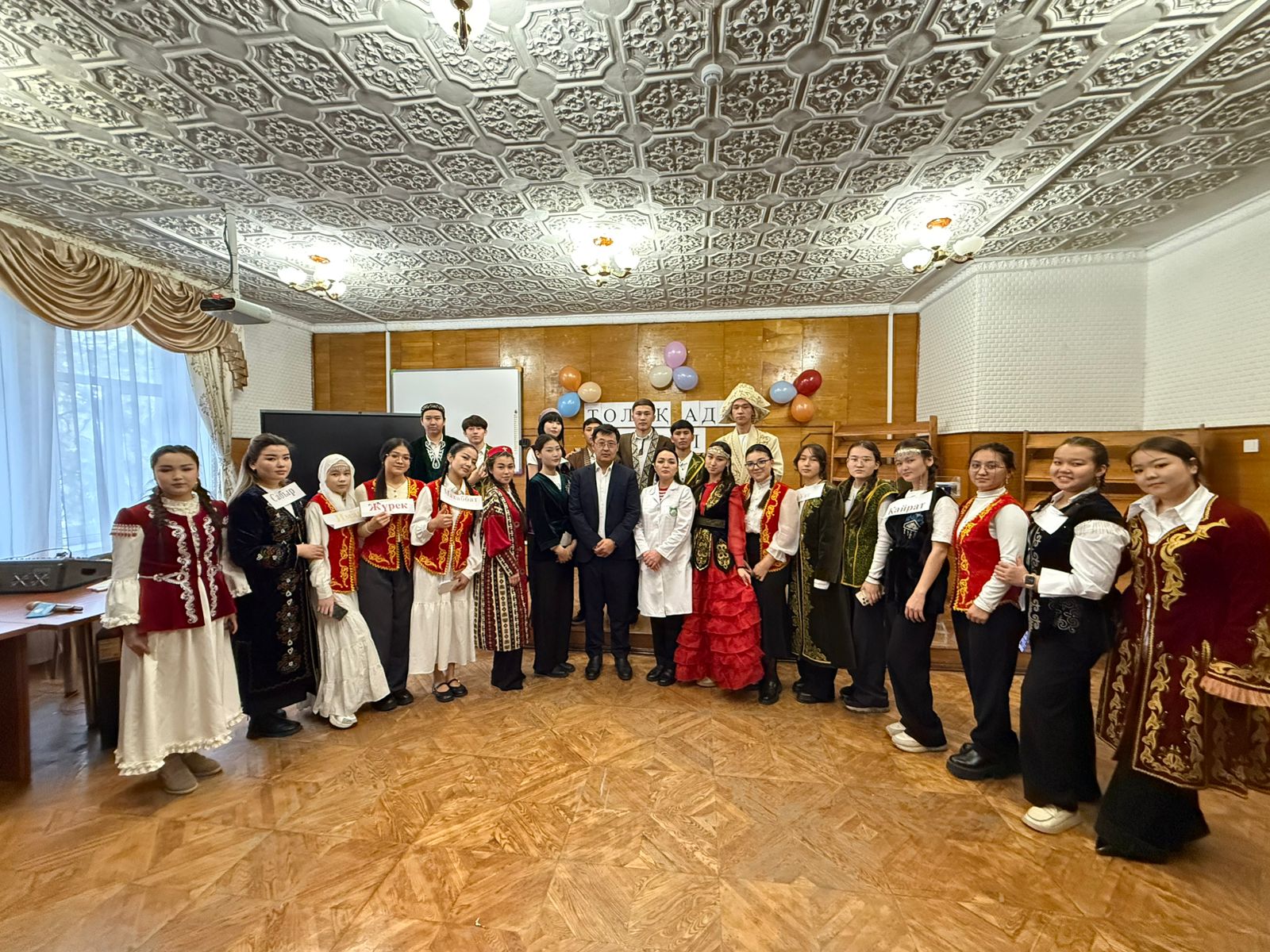
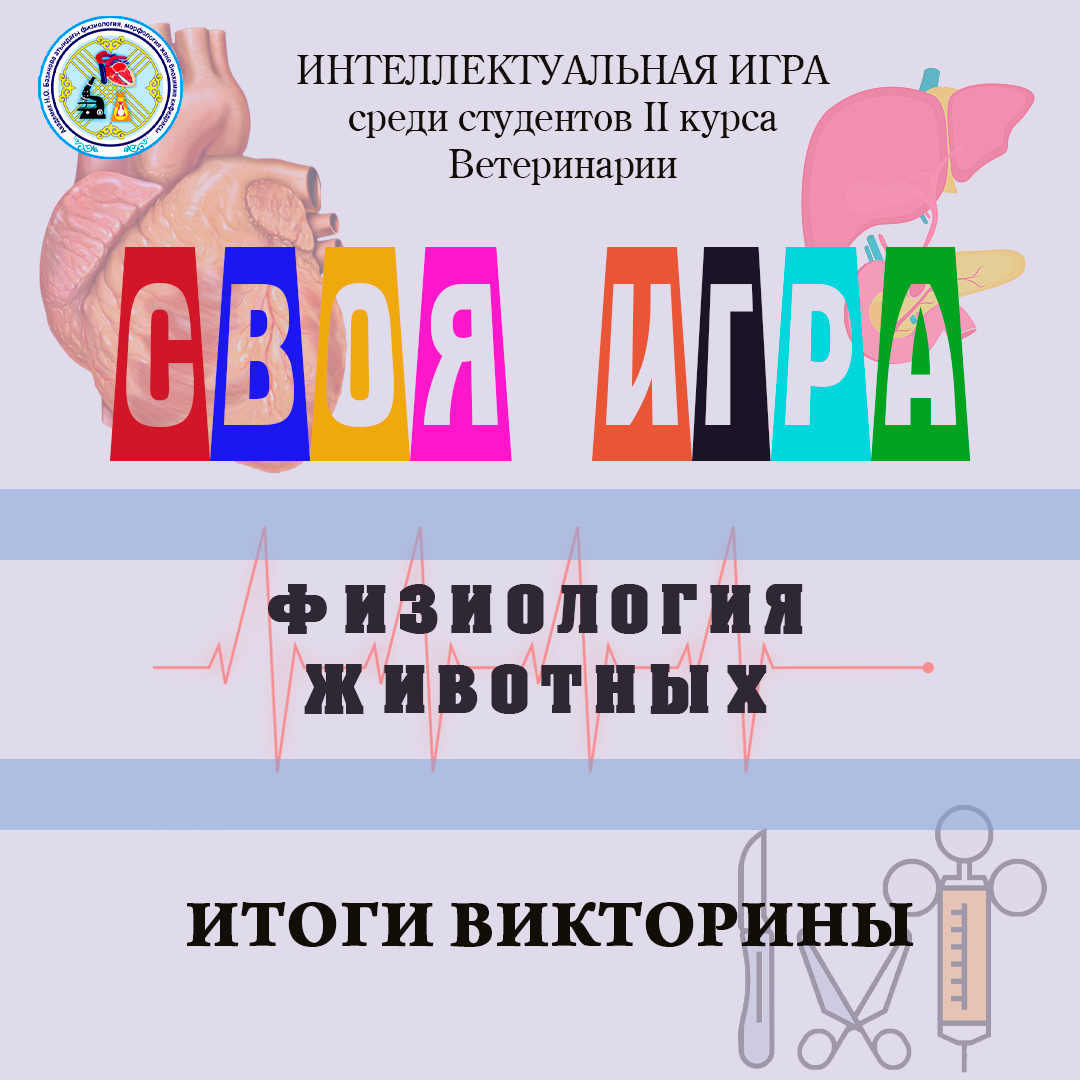
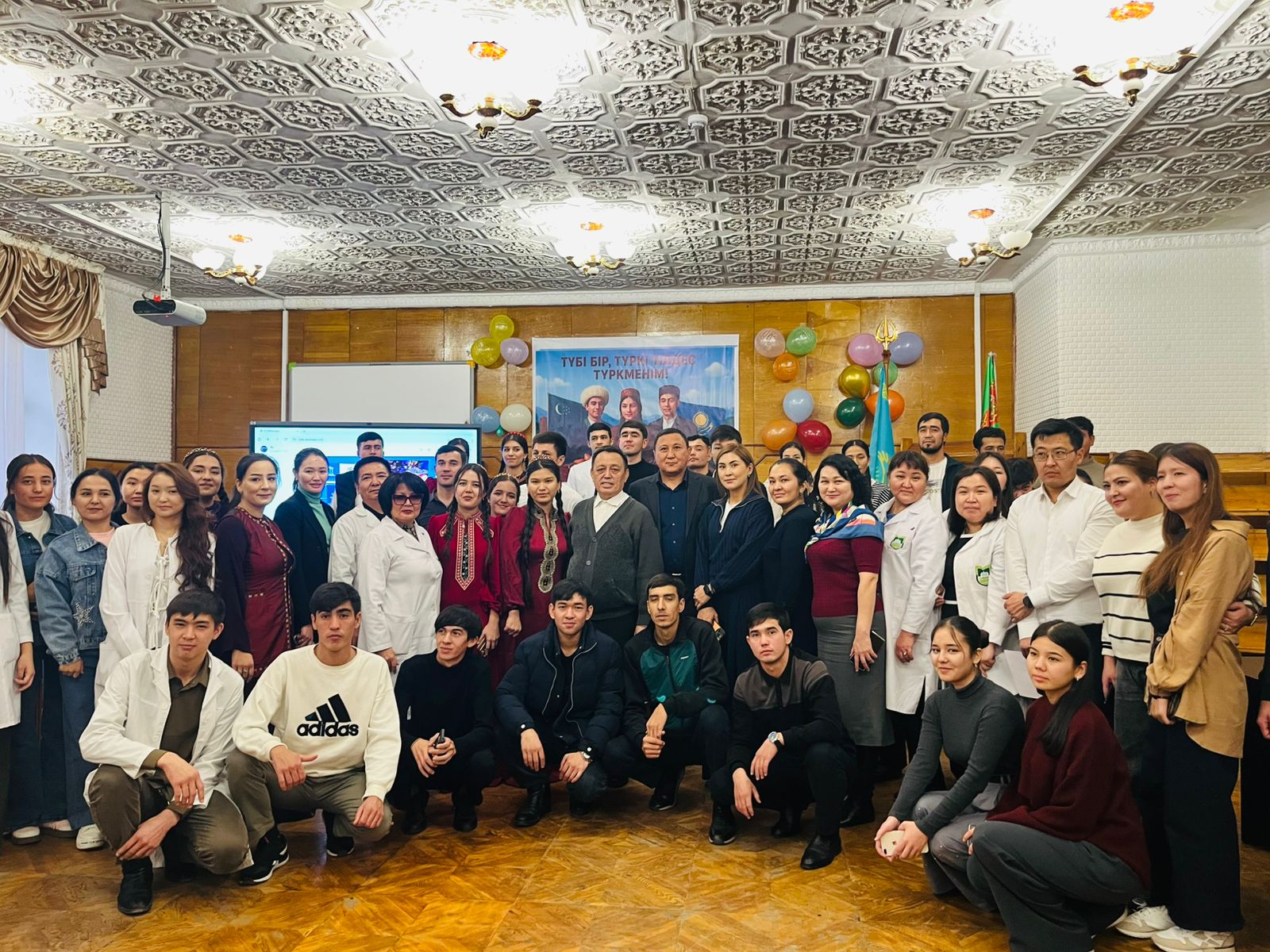

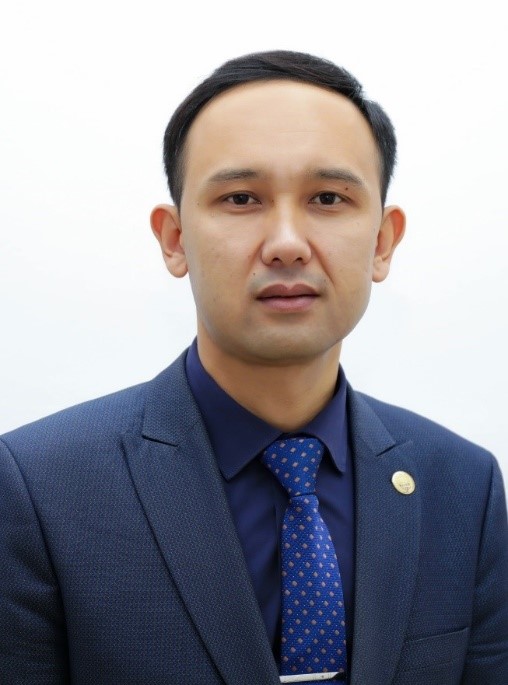
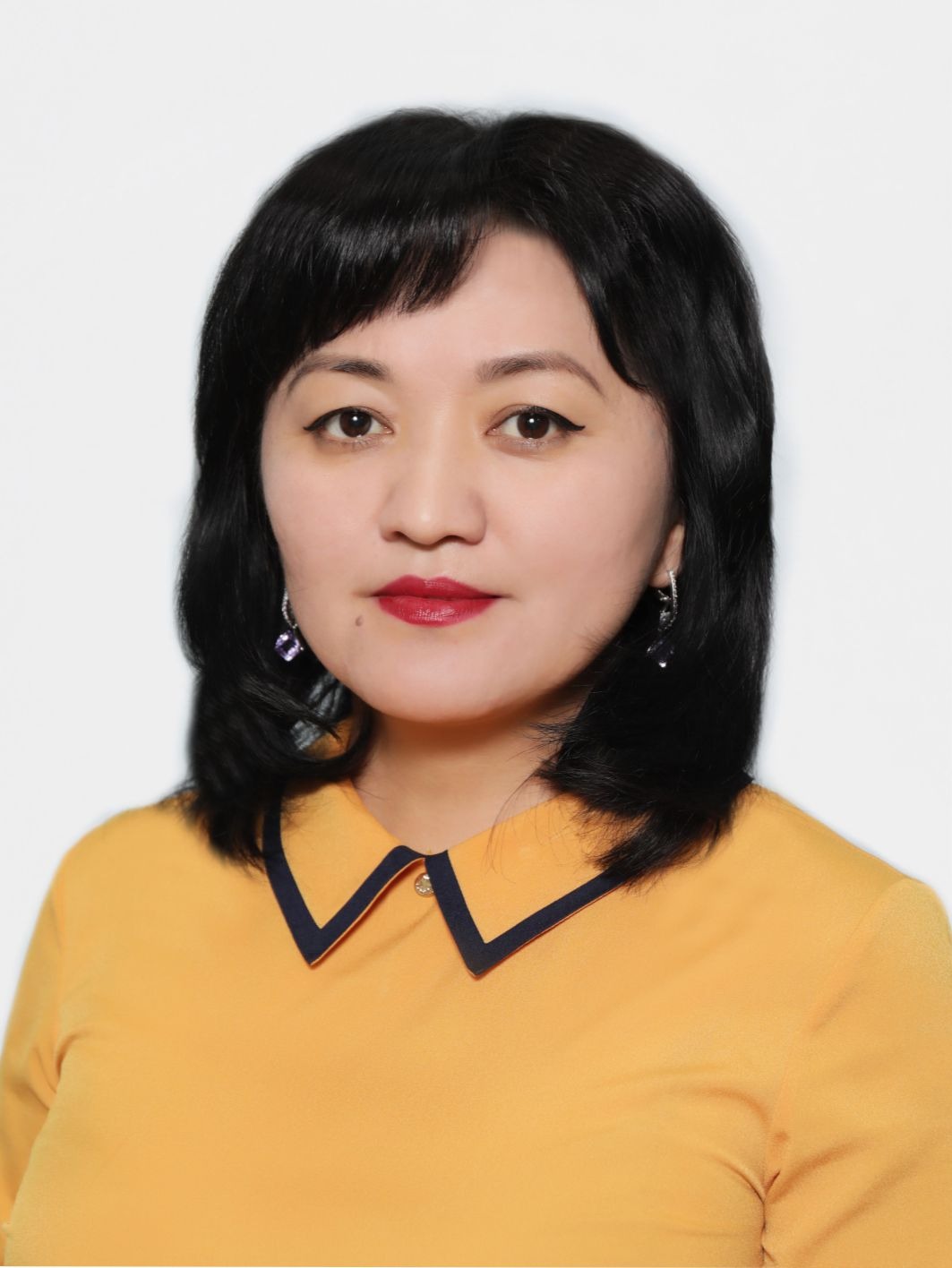
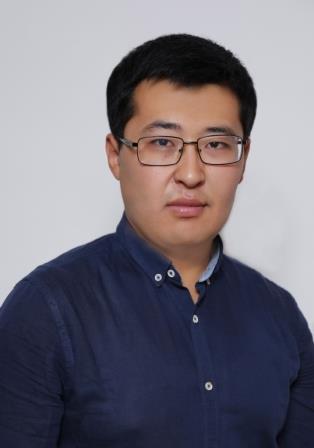
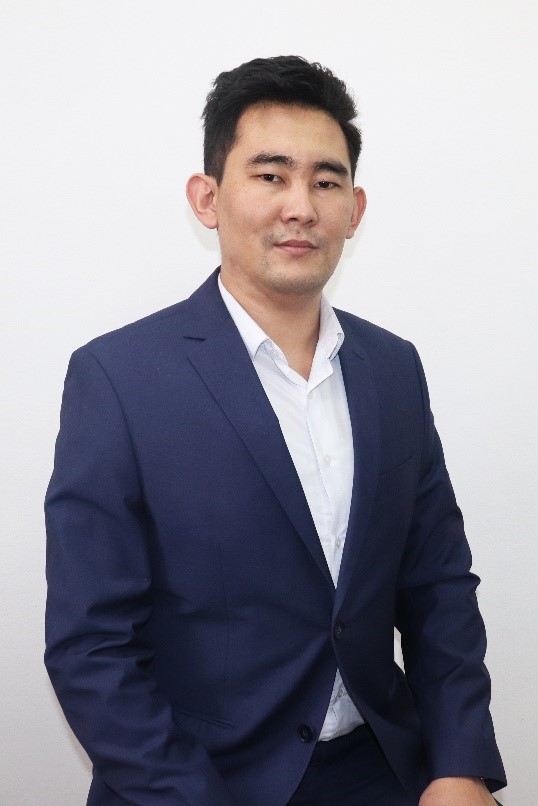



.jpg)
